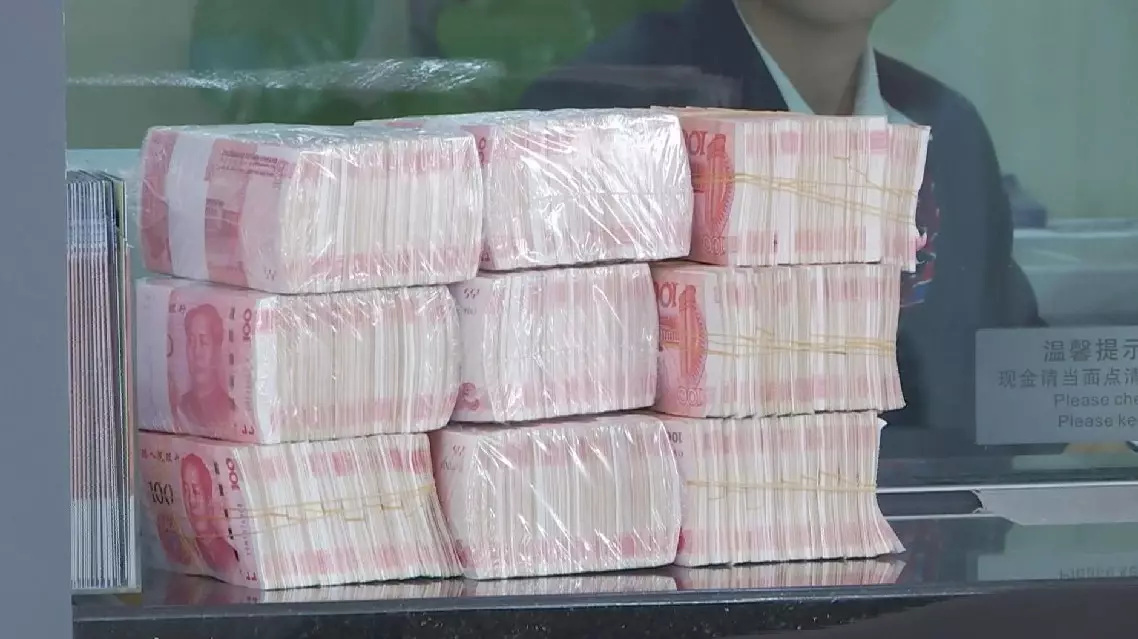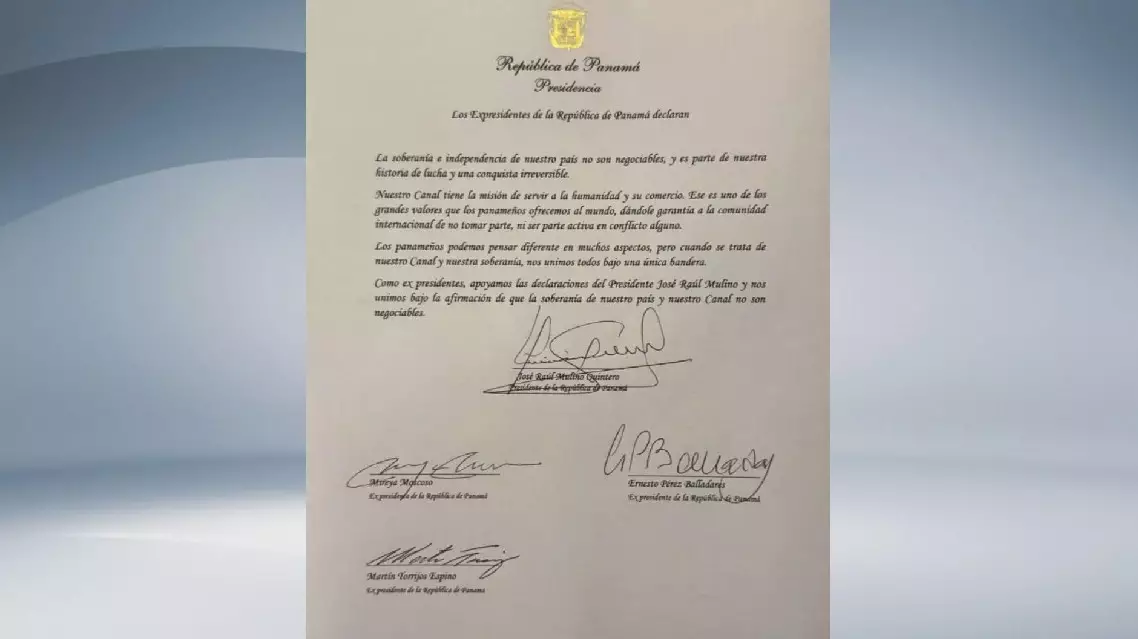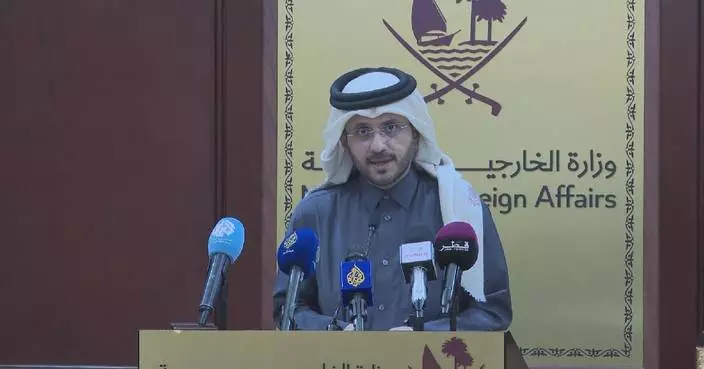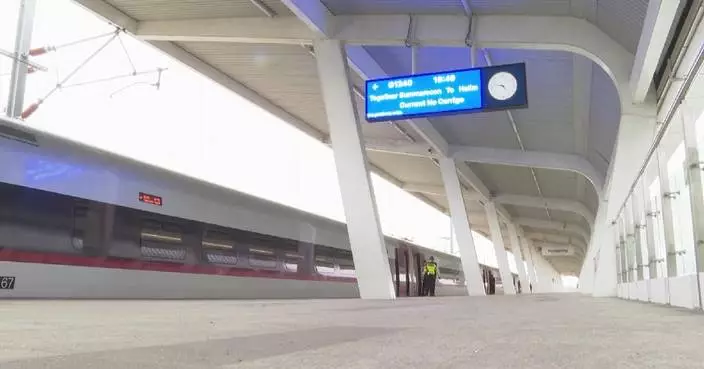China will conduct a more proactive fiscal policy next year, focusing on areas such as people's livelihood, consumption, employment, education and elderly care, according to Chinese finance minister Lan Fo'an, speaking during a two-day national fiscal work conference which ended in Beijing on Tuesday.
More proactive policies will include raising the fiscal deficit ratio, stepping up spending and accelerating the disbursement of funds.
Larger-scale government bonds will also be issued to provide more support for stabilizing growth and optimizing the country's economic structure.
"We will work to increase people's income via multiple channels and raise the financial subsidies for urban and rural residents' health insurance. Efforts will also be made to support the trade-ins of consumer goods, promote service consumption, and, in particular, vigorously develop cultural and tourism consumption," Lan said at the meeting.
New fiscal policies will also focus on optimizing the structure of government spending, ensuring that funds are directed more precisely towards improving livelihoods, stimulating consumption and bolstering future economic strength.
It is expected that government funds will be disbursed earlier, faster and in larger amounts in the coming year.
The issuance of ultra-long-term special government bonds will open up another investment channel for institutional and private investors and allow the government to use the funds raised to boost investments in economic development and social welfare.
The rise in the fiscal deficit ratio is also aimed at meeting basic living needs and promoting development.
Fiscal investment in the coming year will also prioritize areas such as employment, education and elderly care.
One focus will be improving the elderly care service network in counties, towns and villages, as well as boosting systems for providing care for disadvantaged and disabled elderly people.

China outlines key targets for fiscal investment in 2025
Panama's President Jose Raul Mulino reaffirmed the country's sovereignty over the Panama Canal in a statement signed alongside three former presidents of the country on Tuesday in response to recent threats made by U.S. President-elect Donald Trump to take control of the canal.
Calling the Panama Canal "a vital national asset for the United States", Trump on Saturday slammed what he called unfair fees for U.S. ships passing through the Canal and threatened to demand control of the waterway be "returned" to Washington.
Trump's statement has been met with fierce opposition from the Panama side.
Tuesday's statement by the presidents restated that the sovereignty and independence of Panama are not negotiable.
"As former presidents, we support the statements of President Jose Raul Mulino and we unite under the affirmation that the sovereignty of our country and our canal are not negotiable," former presidents Mireya Moscoso, Ernesto Perez Balladares, and Martin Torrijos Espino said in the statement.
The statement noted that the canal has the mission of serving humanity and its trade, which is one of the great values that Panamanians offer to the world, giving the international community a guarantee of not taking part, or being an active part in any conflict.
Also on Tuesday, the Bolivarian Alliance for the Peoples of Our America - People's Trade Treaty (ALBA-TCP) said in a statement that its member states strongly reject the statements made by Trump.
The Panama Canal is an important commercial passageway protected by International Law, the Torrijos-Carter Treaty and the Treaty Relating to the Permanent Neutrality and Operation of the Panama Canal, which, as an immovable law, establishes that the waterway is an inalienable part of Panamanian territory, and therefore this claim represents an aggression against the sovereignty of that country, said the statement.
The Bolivarian Alliance categorically rejects this new threat to the Latin American and Caribbean region and supports Panama in the defense of its sovereignty, territorial integrity and self-determination, the statement said.
The Panama Canal, an artificial waterway in Panama that connects the Atlantic with the Pacific, was completed by the United States in 1914 and returned to Panama in 1999 under a treaty signed by then U.S. President Jimmy Carter and then Panamanian leader Omar Torrijos. The deal relinquishes American control over the canal by year 2000 and guarantees its neutrality.

Panama leaders reassert sovereignty over Panama Canal after Trump threat










